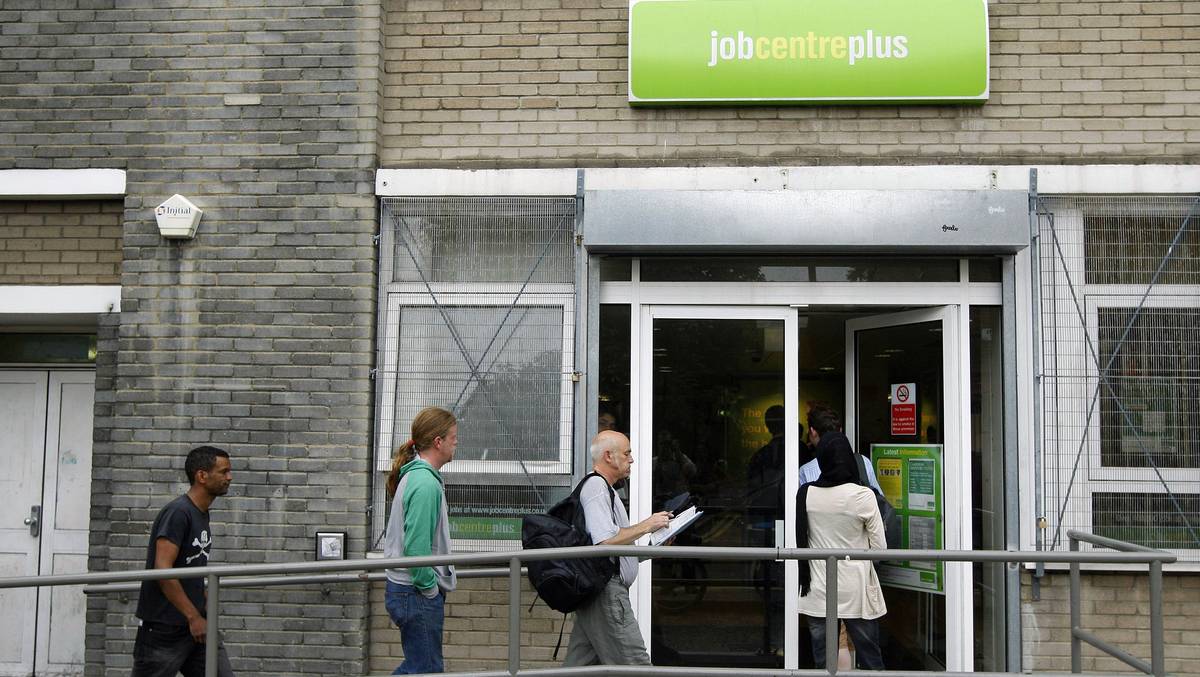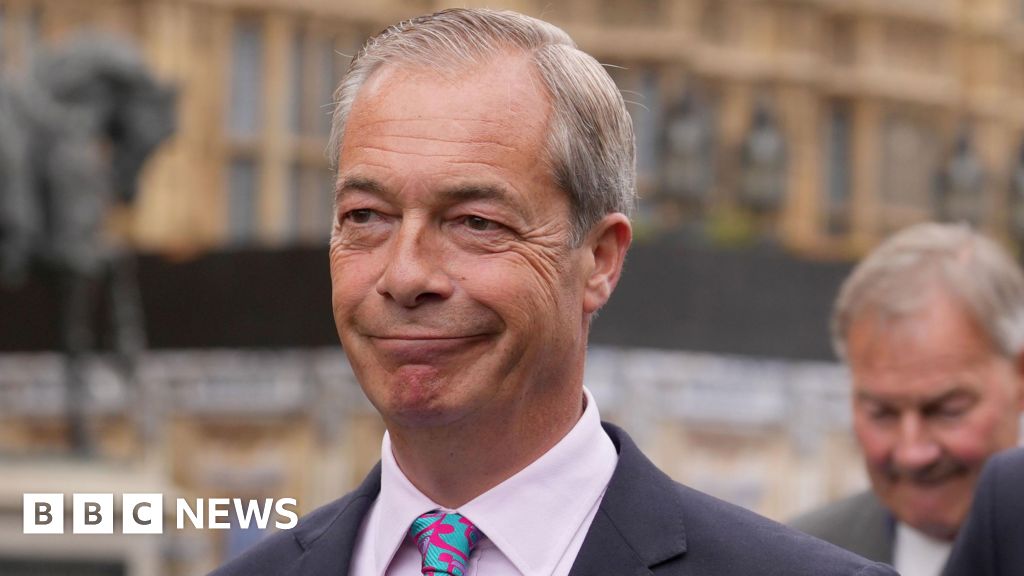Among the UK’s current population, only 39 per cent fall into group three, the report said BBC.
A survey conducted by the broadcasting company estimated that dividing society into seven different classes would provide a better picture of today’s reality.
The division is based on a survey of 160,000 Britons, the largest class survey ever carried out in the UK.
Researchers asked people about their friends’ income, housing, savings, recreational activities and what types of jobs they had. In this way, they tried to survey the economic, cultural and social resources of society.
Traditionally, class affiliation was determined by a person’s wealth, occupation, and education, but researchers now believe this is an oversimplification. They believe that economic, cultural and social dimensions should be included in the assessment.
The new division is defined as follows:
- Elite: The most privileged group in the country. Stands out from the other six through his wealth.
- Established middle class: The second richest class. The largest group has the largest group mentality.
- Technical middle class: A small, specific group that is wealthy but has low scores in social and cultural capital. Distinguished by social isolation and cultural apathy.
- New prosperous workers: Young people who are socially and culturally active, have medium economic capital.
- Traditional working class: Gets low marks on all forms of capital, but does not mean without funds. Having a relatively large value through his home, this is explained by the fact that the average age in this group is 66 years.
- Forward-looking service workers: A new group of young people who are relatively poor, but have great social and cultural capital.
- “Precariat”: The poorest, those who have the least. Has little social and cultural capital.
(Precariat is a term from sociology that describes groups in society who have long been outside of established working life, according to Wikipedia.)
According to the researchers behind the survey, 15 percent of the country’s population are members of the Precariat. They believe that upper and lower groups are often overlooked in conventional class analysis.
– This gives us a more nuanced and better understanding of the UK today. That shows there are still ups and downs. That we still have an elite group of rich and poor people with little social and cultural commitment, says Professor of Sociology at the University of Manchester, Fiona Devine.
One of the things this survey shows is that both the newly affluent and the forward-looking service sector workers appear to be the children of the traditional working class.

“Subtly charming web junkie. Unapologetic bacon lover. Introvert. Typical foodaholic. Twitter specialist. Professional travel fanatic.”







